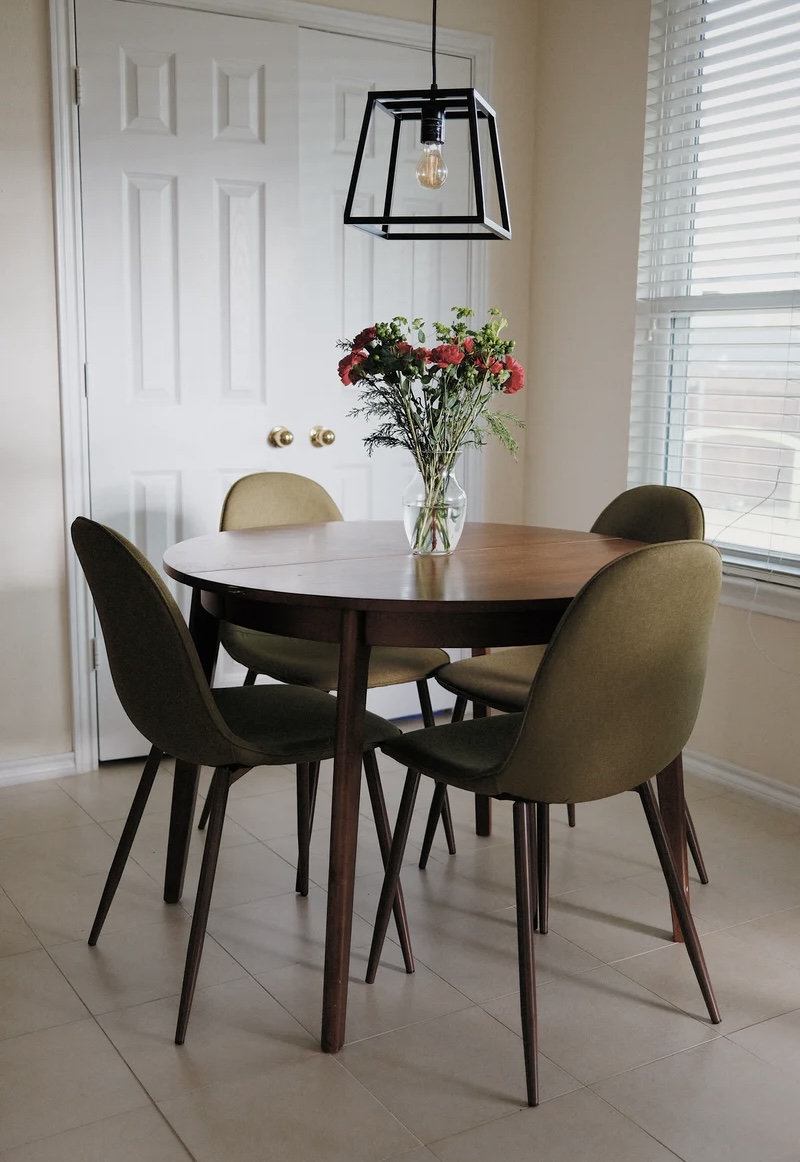
A home is a large investment physically and financially.
Owning a home requires commitment.
A lot of it.
Becoming a homeowner involves monthly mortgage payments as well as property taxes.
Properly maintaining the home is also not cheap.
According to a recent Real Simple article titled “For Retirees, a Home Could Be Your Largest Asset—or Your Biggest Liability,” your home is an important aspect of your retirement and estate planning.

Your home could benefit you or cause you stress in retirement.
What should you keep in mind regarding your home?
Your Home May Be Your Largest Asset.
When you purchase a home and complete you mortgage payments, you build equity.
The value of your home is likely to increase during your ownership.
If you leave your house to your heirs, they will get a step-up in basis.
What does this mean?
The home will be revalued at the current market value on your date of death.
If your children choose to sell the home later, they will only owe capital gains taxes on the value increase between the date you died and the date of sale rather than between the date of sale and the value on the day you purchased the home.
In short, the capital gains tax will be zero or at least significantly reduced.
Because you own your home, you can also take out a home equity line of credit if you find yourself in need of cash.
If you are age 62 or older, you can also use your home equity as collateral for a reverse mortgage.
Your Home May Be Your Largest Liability.
Although many homes increase in value, sometimes they are worth less after years of ownership.
This is especially problematic when entering retirement if you have other expenses like municipal taxes, insurance, a mortgage, and renovation or repair costs.
You do not want to carry debt into retirement.
What are your options?
Consider all of the factors.
How important is your living space?
You may be able to sell your home and downsize to a less expensive space.
With any money you save on maintenance and property taxes and fees, you could fund hobbies, travel, and projects in retirement.
As you navigate your options, you will need to be objective.
When entering retirement, you may find you have limited options.
What are they?
Options include paying off your mortgage prior to your target retirement date, securing a reverse mortgage, renting the home or some of its rooms to offset cash flow deficits, or selling the home.
If your home is a liability and you choose to remain in it, you will likely need to consider ways to monetize the equity in your home during retirement.
Reference: Real Simple (Nov. 1, 2021) “For Retirees, a Home Could Be Your Largest Asset—or Your Biggest Liability”
REMEMBER: “The choice of a lawyer is an important decision and should not be based solely upon advertisements.”
This statement is required by rule of the Supreme Court of Missouri.
